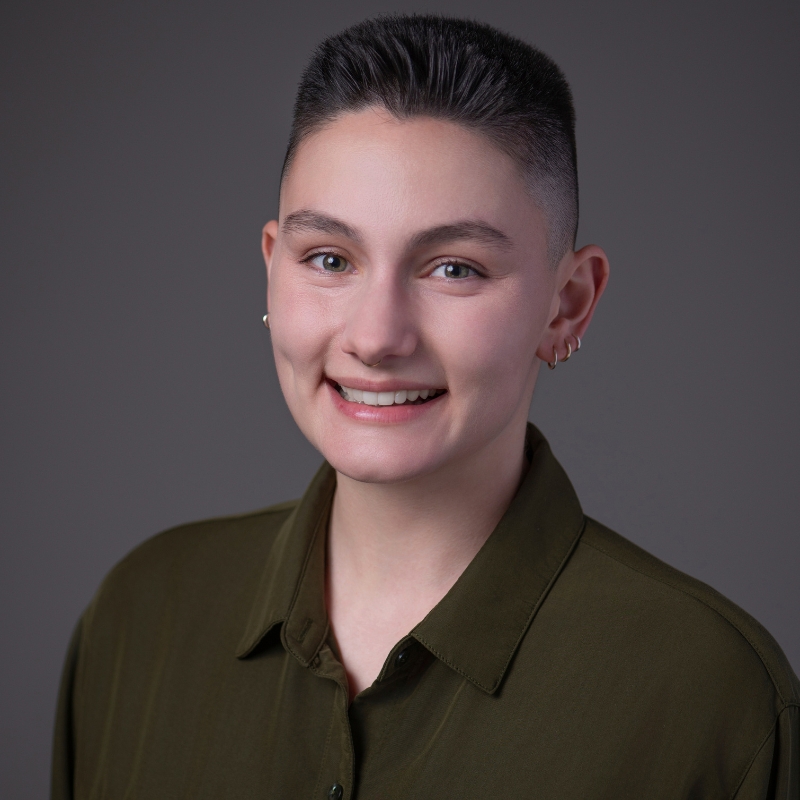Resources
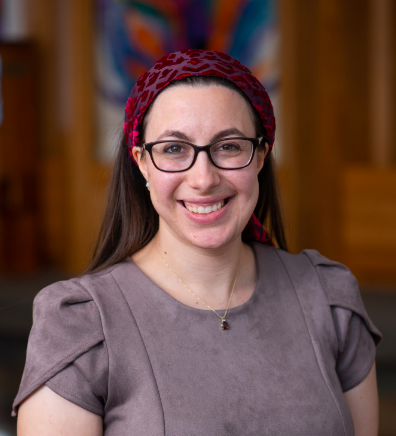
Vayeshev, Yosef’s brothers, and Gaza
"More and more I begin to believe that we are as defined by those calls for help we do not answer as by those calls that we do."
more
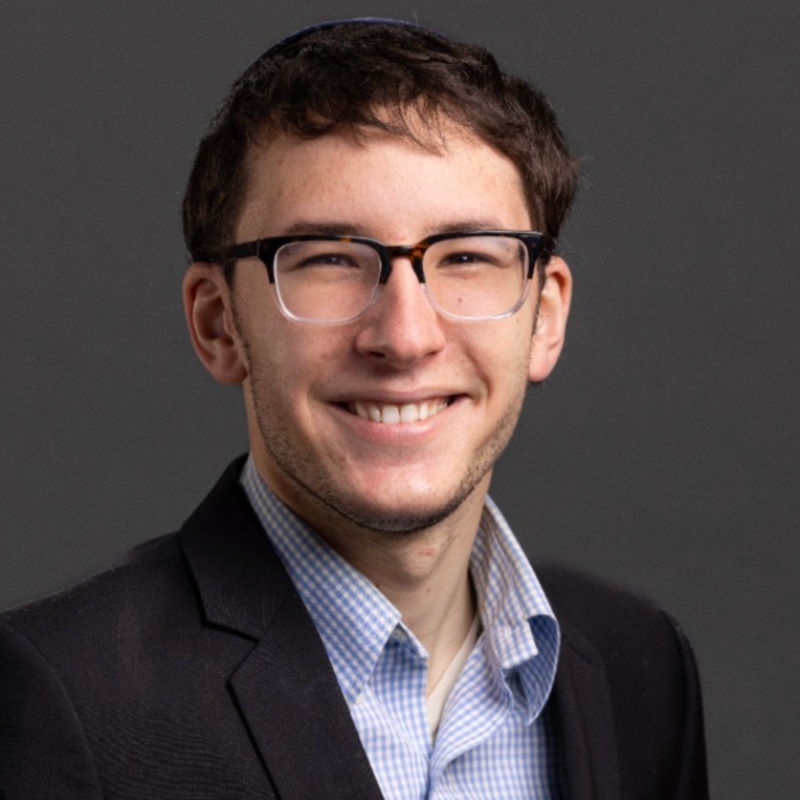
Tisha B’Av: The Hunger We Cannot Ignore
A lifetime of Jewish observance has prepared me with the tools for spiritual resilience and meaning-making when it is our community who suffers... What I need are the tools for when the people I love are the ones inflicting suffering.
more
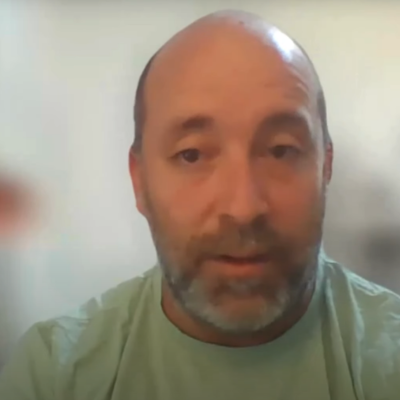
WATCH: When Israel Breaks Your Heart
A briefing with Breaking the Silence about the current reality in Israel, the plan for Gaza, and the mass devastation in Gaza from a lens of understanding of the military and the work needed to build a just future.
more

Yom HaAtzma’ut: A Resource for Educators
This resource has been created ahead of Yom HaAtzma’ut 2025 but is designed to be adaptable for year-round use, offering educational tools, programs, and texts that support ongoing learning within your community.
more
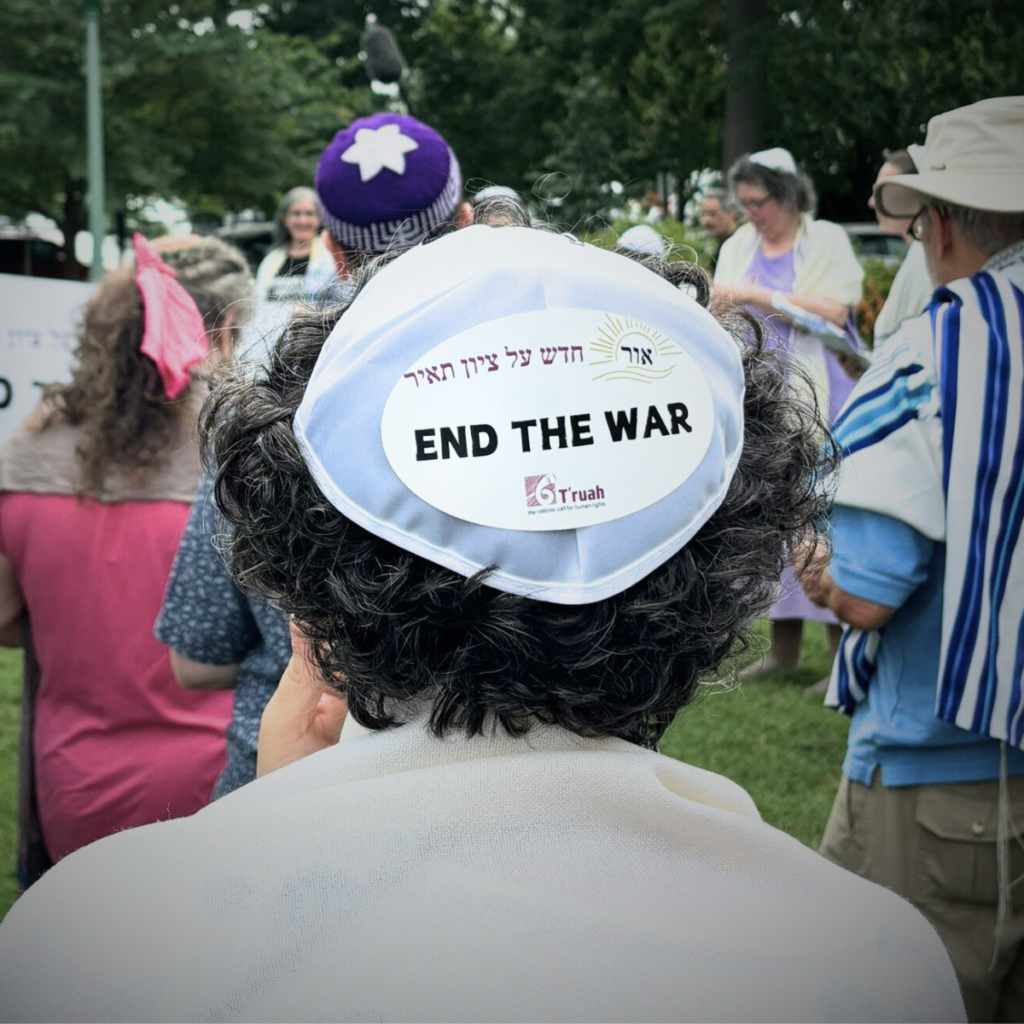
A Prayer for Gaza and to Preserve Our Humanity
By Rabbis Felicia Sol and Roly Matalon of B’nai Jeshurun in New York City.
more
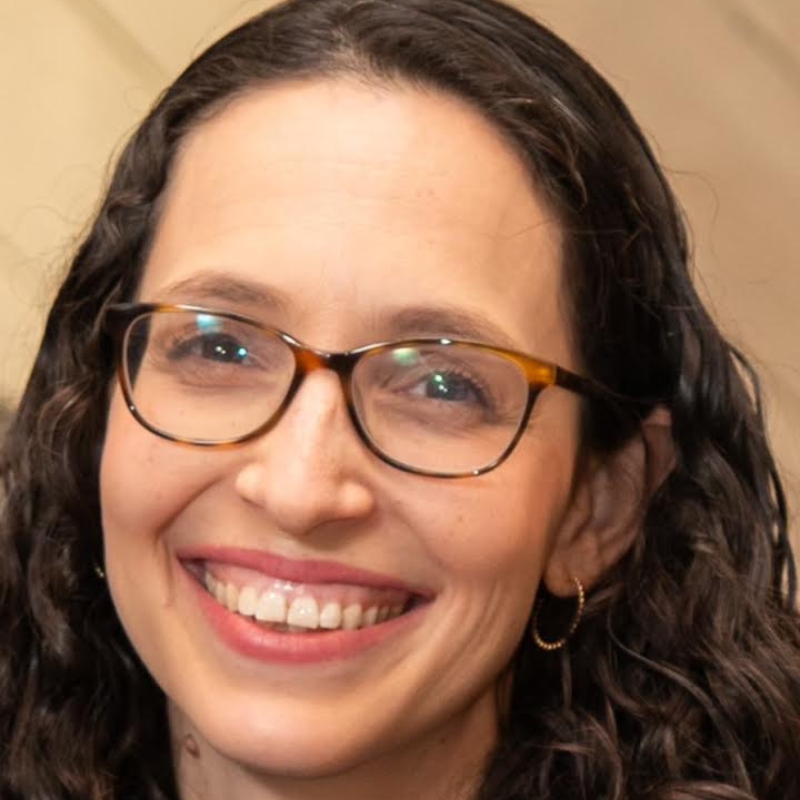
Vayigash: Resisting Walls of Fear to Draw Near
The most significant moments aren’t those of harsh words, and demonstrations, but rather intimate moments of humble connection. Those are the moments that can change everything.
more
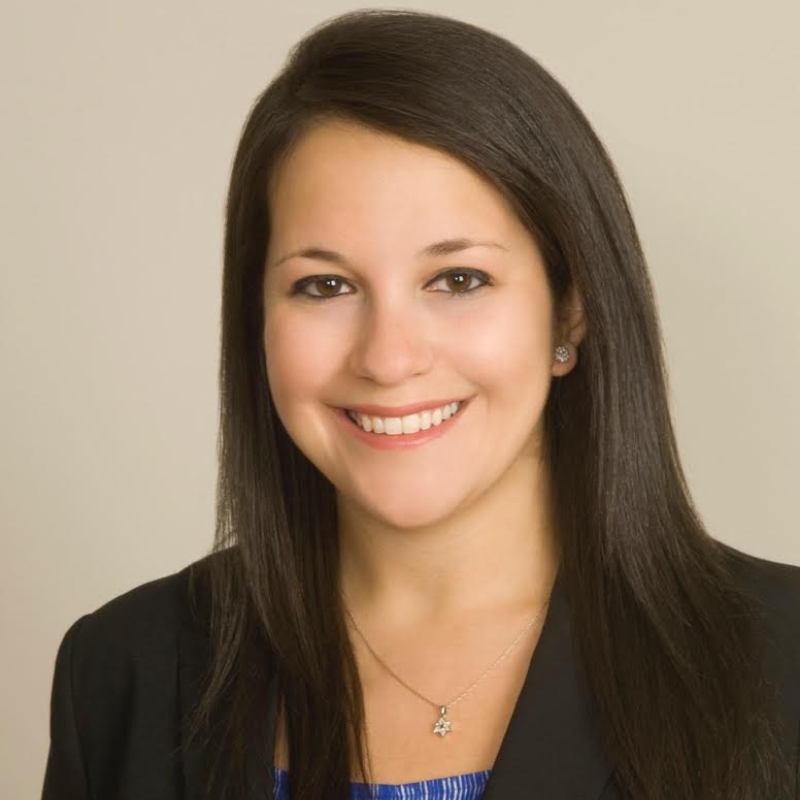
Vayishlach: When Our Moral Compass Requires Wrestling
The path may never be clear, a single arrow to follow towards moral perfection, but Jacob teaches us that it is holy work to wrestle, to struggle with forging our own winding path towards what we feel is moral.
more
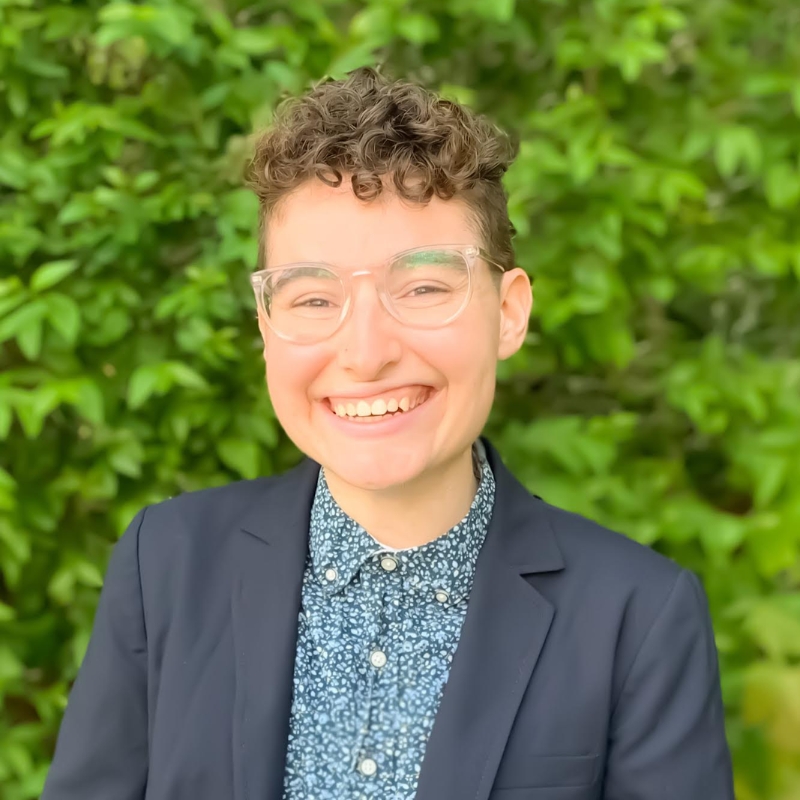
Chayei Sara: Power Rooted in Life, Not Trauma and Death
In the aftermath of trauma, there is a natural desire to protect, to retaliate, and to secure our own safety at all costs. But in seeking safety, in seeking justice for our own pain, we can risk perpetuating cycles of violence that dehumanize others — and ultimately ourselves.
more
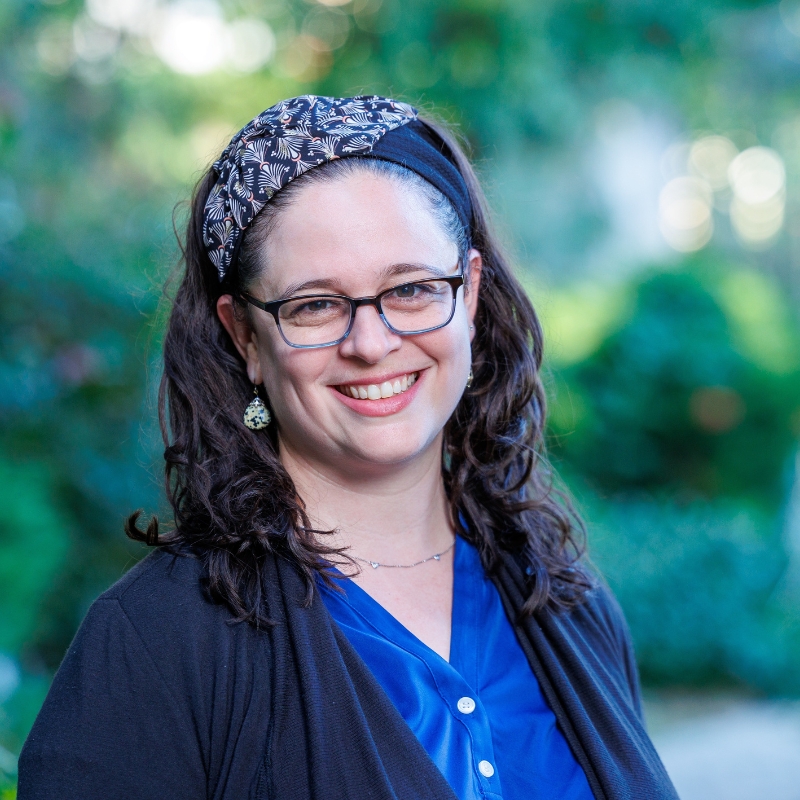
Sukkot: Clinging to Possibility in the Face of Obstacles
The rabbis of the Talmud knew there would be times when we would have no choice but to build our sukkot beneath a thick shadow cast by mountains. They knew there would be moments when it would feel audacious to build a sukkah at all.
more
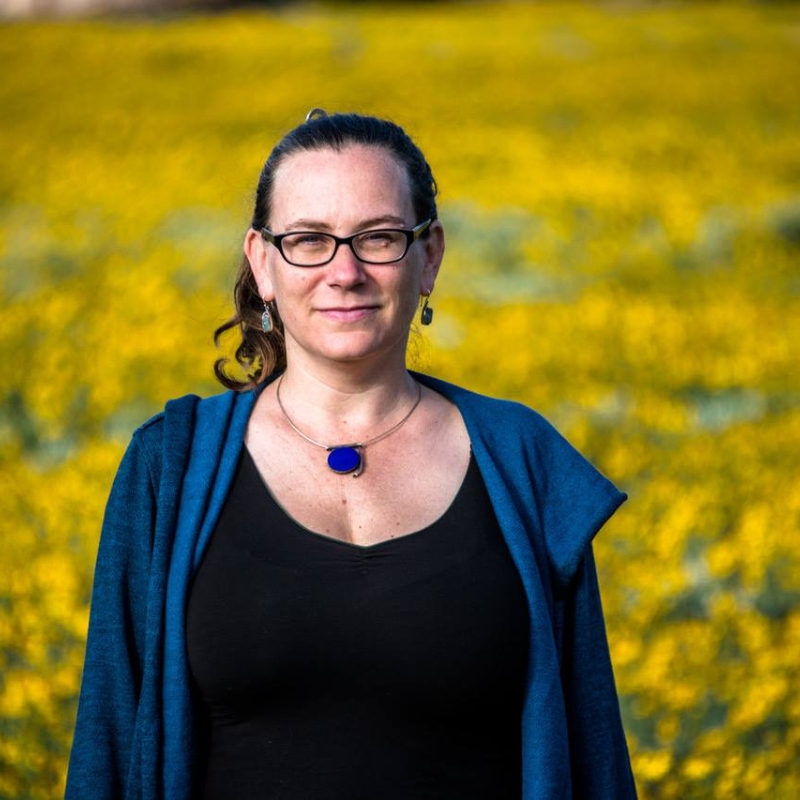
Simchat Torah: Planting Seeds of Tears
Can we sing our longings this year in a way that lets all the feelings come through? Can we allow our heartbreak to summon us toward something new?
more

